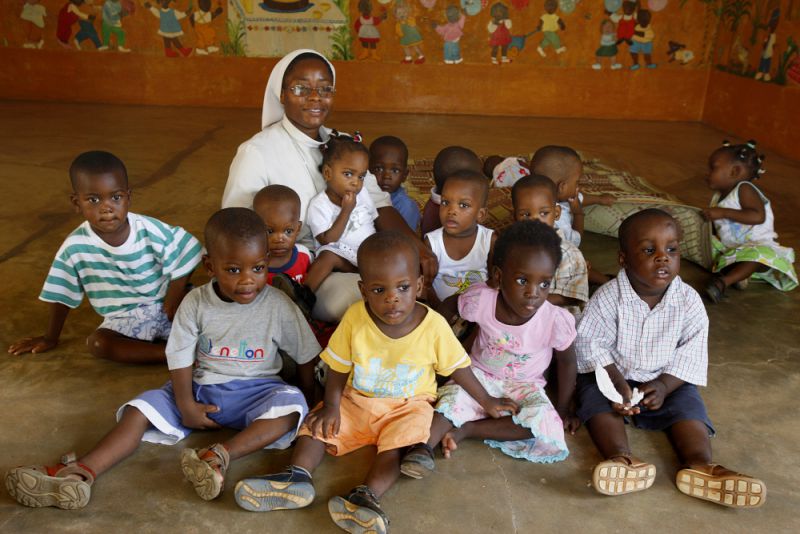By: Miriam Shuchman
Send to a friend
The details you provide on this page will not be used to send unsolicited email, and will not be sold to a 3rd party. See privacy policy.
Christian, Islamic and other faith-based organisations provide extensive healthcare in the world’s poorest places, but are invisible to global health researchers, according to a series of papers published this month in medical journal The Lancet.
The result is a dearth of data about the services that organisations such as Islamic Relief and the Salvation Army provide, the articles say.
In many developing countries, faith-based organisations provide 40 per cent or more of the healthcare, says Robert J. Vitillo, a special advisor on health to Catholic development organisation Caritas Internationalis, and a coauthor of one of the articles. But few studies are conducted on faith-based healthcare and data that is gathered often fails to reach the medical literature, he says.
“It’s very rare for a faith-based organisation to be included at a table with some of the best scientists.”
Robert J. Vitillo, Catholic development organisation Caritas Internationalis
Edward Mills, an epidemiologist at consultancy Global Evaluative Sciences in Canada, who led the series, says he wants to bring faith-based groups into academic discourse around global health. Because they are not currently involved in collecting or interpreting evidence, Mills says, “we simply don’t know what they do, we don’t know what they recommend.”
Vitillo says religious groups that consider working with government or public health researchers face prejudice, such as the “myths that faith-based organisations are there only to proselytise, or that they only serve believers within their faith systems”. Even in fields such as HIV/AIDS, where churches have a huge presence, “it’s very rare for a faith-based organisation to be included at a table with some of the best scientists”, he says.
US charity Catholic Relief Services, for example, has served more than 713,000 clients in ten countries, enrolling 395,000 on antiretroviral treatment, according to a presentation Vitillo gave in Canada on 18 July, ahead of the 8th International AIDS Society conference on HIV pathogenesis. Yet the data and experience from these efforts is often lost to researchers, he says. “You can’t begin to think about coming to the end of AIDS as a public health crisis unless you include those people at the table,” he says.
Lancet editor Richard Horton himself was once among those in the dark. At the 2012 International AIDS Conference in the United States, he told religious leaders describing their groups’ efforts to provide HIV care: “I’ve got a conflict: I don’t agree with all of you,” referring to faith-based organisations’ conservative attitudes towards methods of birth control such as condoms. Yet after listening to their presentations, he apologised, explaining that he had underestimated the services the groups deliver.
The Lancet series highlights other issues where the religious and secular communities have worked towards the same goals, such as the influence of two Islamic leaders in helping to reduce female genital mutilation.Mills hopes the series promotes exchanges between faith-based organisations and the global health community. “We’re at a very, very early stage in terms of the dialogue,” he says.
References
Andrew Tomkins and others Controversies in faith and health care (The Lancet, 6 July 2015)














